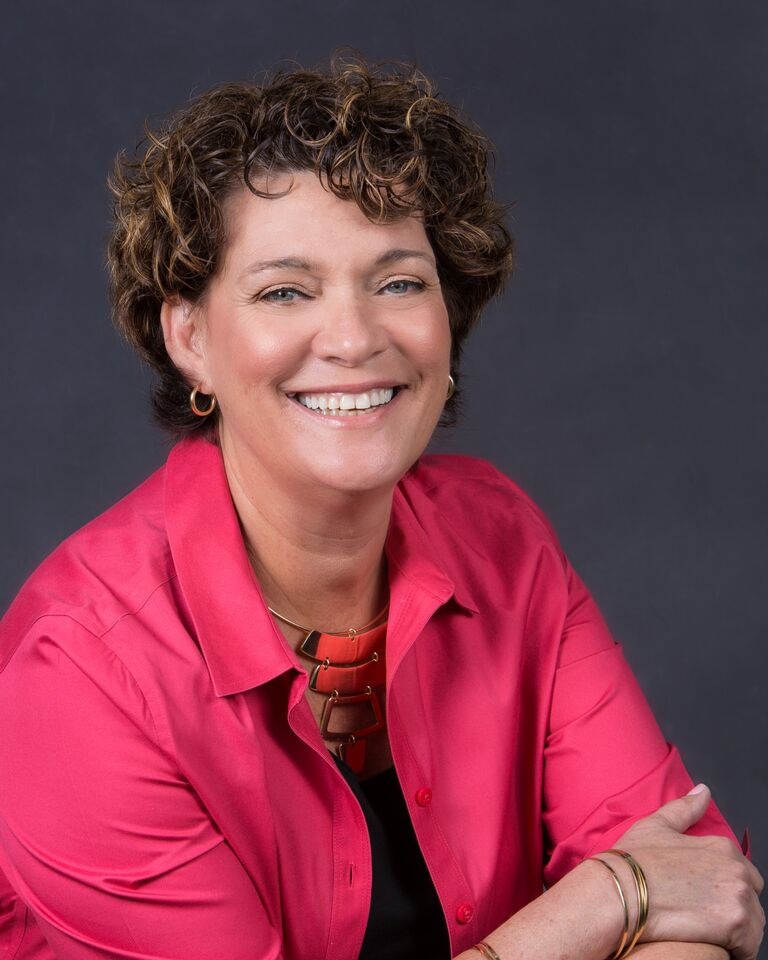Immersed in a patient-centric healthcare environment, Maria Freed, MHSA, thrives on her patient advocacy work. Throughout her career, Ms. Freed has implemented various strategies to advance patient care, including:
- Analyzing patient satisfaction surveys

- Involving non-clinical staff alongside clinicians
- Addressing patient concerns immediately
- Adjusting messages based on individual patient preferences
Before taking on the role of administrator at Coral Gables Surgery Center in Miami, a Meridian Surgical Partners facility, Ms. Freed ran a patient navigation business, where she assisted international patients as they sought out oncology, orthopedic and neurosurgery services in South Florida.
Simply put, Ms. Freed makes it her business to understand patient needs. Her passion for patient advocacy stemmed from reading thousands of patient satisfaction surveys.
"I became fascinated with the idea of a patient's perception and a provider's perception — everyone seemed to have a different take on the same experience," says Ms. Freed.
Ms. Freed also served as the assistant administrator of Coral Gables (Fla.) Hospital and Coral Gables-based Doctors Hospital, where she began envisioning hospital services through the eyes of patients. She implemented an initiative in the hospital, requiring all non-clinical staff to make patient rounds every month.
"Interesting things can happen when you ask the CFO to visit the bedside of a patient who was admitted the day before," says Ms. Freed. The program successfully involved all hospital staff members in the patient process, teaching everyone how to deal with patient complications and complaints.
"When you are in the administrator office, you become far removed from your actual client," explains Ms. Freed. "There's an immediacy when your client is in-house for a very short period. What are you doing to take care of that patient?" She emphasized the importance of immediately correcting a problem instead of writing a report on the issue 30 days later.
Additionally, Ms. Freed served as vice president of market research and development for a 580-bed hospital, where she focused on developing effective ways to care for patients. This intensive process involved gathering specific patient information, from which room a patient stayed in to room temperature to attending staff. Equipped with data, Ms. Freed then conducted interviews with patients, further promoting her mission of patient connection.
She has also connected with patients by working with various multicultural groups in South Florida and the Caribbean. As she created a diabetes unit for Haitian patients and a prostate cancer unit for Caribbean men, Ms. Freed learned to adjust and transform her messages based on the specific patient population.
"Really understanding patients and learning how to get a good message to them continues to interest me," says Ms. Freed.
As an ASC administrator, Ms. Freed remains committed to advancing patient care. And her high-energy personality bodes well in the ASC environment.
"Working in an ASC is really teaching me to be a generalist," said Ms. Freed. "Hospitals reward functionality and expertise in one specific service area. As an ASC administrator, I do a little bit of everything."
Recent articles:
Maryland bill allowing hospitals to convert to outpatient facilities passes state Senate: 5 takeaways
Oakland A's pitcher has elbow surgery at Presidio Surgery Center — 5 things to know
Burnout hurts physicians' practices— 5 highlights

